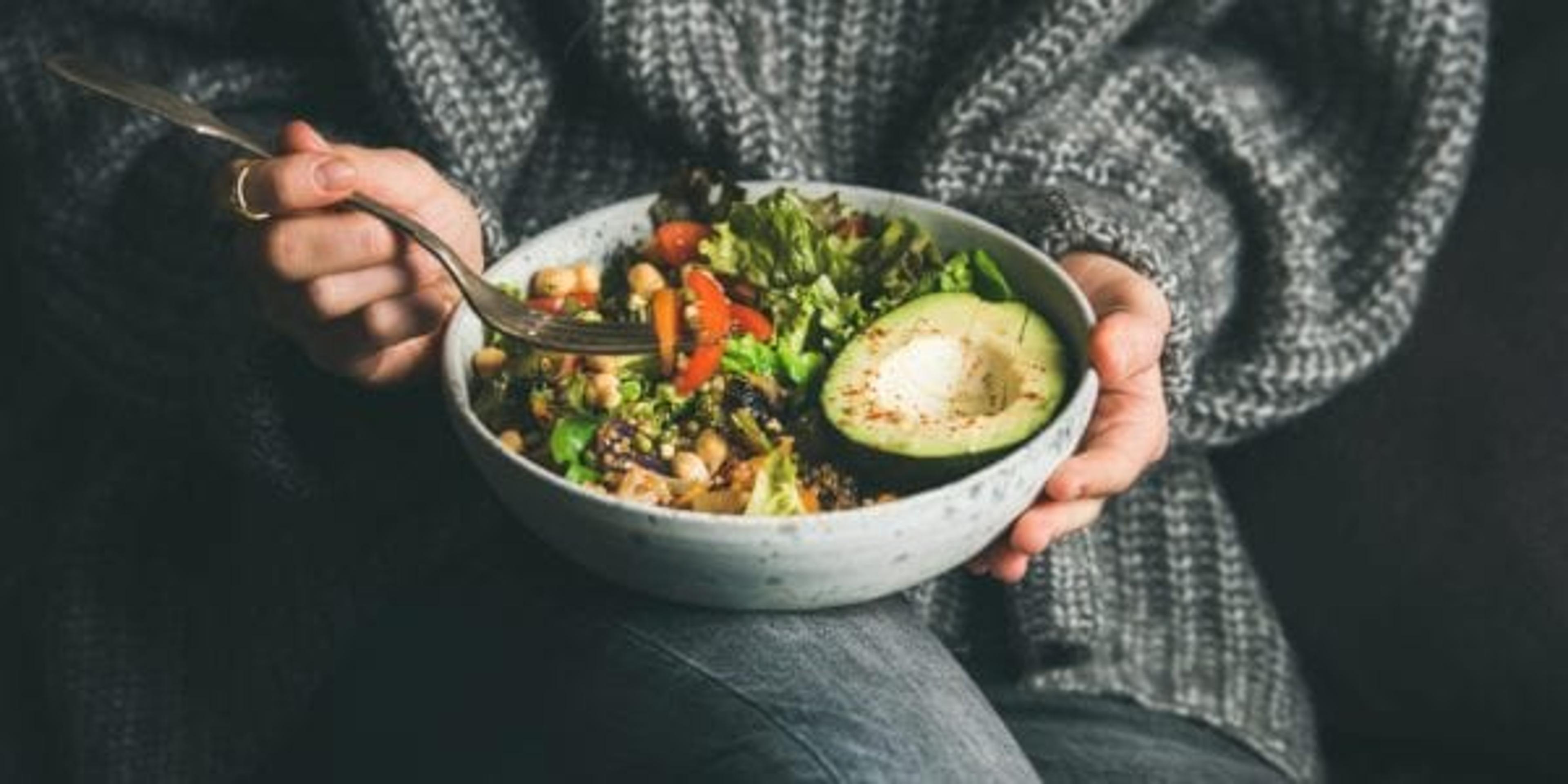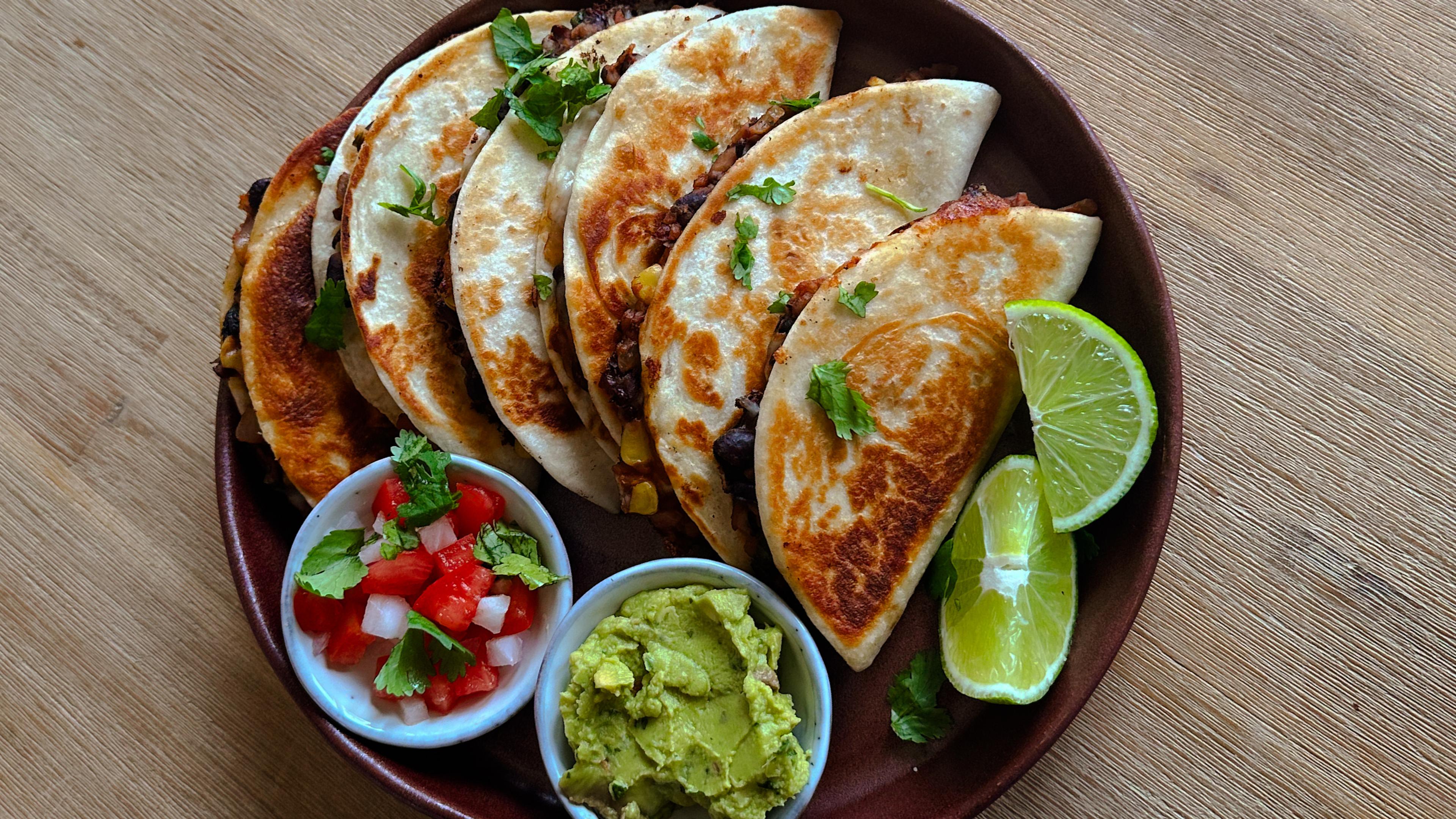Plant-based food for thought

Ashley Kunz
| 3 min read

Vegan diets are gaining popularity among physicians and patients alike due to emerging research that shows a myriad of health benefits that a vegan diet touts. Among these benefits; a decreased risk of cardiovascular disease, diabetes, cancer and stroke, to name a few.
Vegan restaurants are becoming more and more prevalent and if you drive down I-75 south in Detroit, you can see a billboard for www.vegmichigan.com, a website showing Michigan vegan events, recipes and reviews for vegan food products. As the food guide pyramid and common American diet include animal products, this diet remains somewhat controversial.
Studies have been conducted to determine the efficacy of a plant based diet for prevention of chronic conditions. The China-Cornell-Oxford Project also referred to as The China Study, an epidemiological study examining the eating habits of 6,500 individuals in 65 counties in China over a 2 year period showed a strong correlation between death rates from “Western” diseases and animal based food consumption. The study concludes that higher consumption of animal based foods increases the risk of disease.
The Nurses’ Study looked at the risk of exposure to smoking, oral contraceptive use, diet and alcohol consumption on the risk of disease. The sample size was over 100,000 nurses aged 30-55. This study concluded that a high red meat intake increases the risks of colon and breast cancers and that a diet high in leafy green vegetables is protective against cognitive impairment. These findings are significant due to the large sample sizes of the aforementioned studies.
If you are looking to move towards a more plant based diet, the vegan diet may seem daunting; however, there is a litany of vegan food available. From fruits, vegetables, grains, nuts and seeds to meat alternatives such as tofu, seitan and tempe, there has been no easier time than now to adopt a more plant based diet. The options for animal based food alternatives have grown exponentially in recent years as plant based diets gain popularity-foods such as vegetarian sausage, veganaise, and vegan cheese make the transition to going vegan easier than ever. These foods are readily available in grocery stores including Whole foods and Trader Joe’s, among many others.
What does a day of a vegan meal plan look like? The Nutrition Care Manual has a well balanced meal plan that begins with a breakfast consisting of 1 cup of oatmeal, 1 slice of whole grain toast, 2 tablespoons of almond butter, 1 cup of fortified soy milk and 1 banana. Lunch contains 1 cup of vegetarian chili, 1 whole grain roll, 1 teaspoon of margarine, 1 ounce of carrot sticks, 1 apple and 1 cup of fortified soy milk. For an afternoon snack there is 1 cup of dried figs, ¼ cup of mixed nuts and ½ cup of fortified orange juice. The dinner meal contains 2 cups of a vegetarian stir fry with tofu and vegetables including bok choy, broccoli, and Chinese cabbage with 1 cup of brown rice and 1 cup of fresh cantaloupe.
Although the vegan diet is looking like a healthy option, it does come with a potential for malnutrition. Without proper meal planning, deficiencies of calcium, zinc, vitamin B12 and D are possible. This can be remedied for the most part by proper meal planning and eating foods fortified with these nutrients such as fortified juice, fortified plant based milk, and breakfast cereal, to name a few.
If you are looking to adopt a more plant based way of eating, you can start out by trying meatless Mondays. As a vegan diet eliminates all animal food products, it can be an extreme change for some. Just monitoring your portions of meat, limiting red meat intake and increasing your fruit and vegetable consumption can be a healthy step in the right direction.
Be sure to talk to your doctor before implementing a plant based diet in order to ensure that it is right for you.
Photo credit: Foxys_Forest_Manufacture





